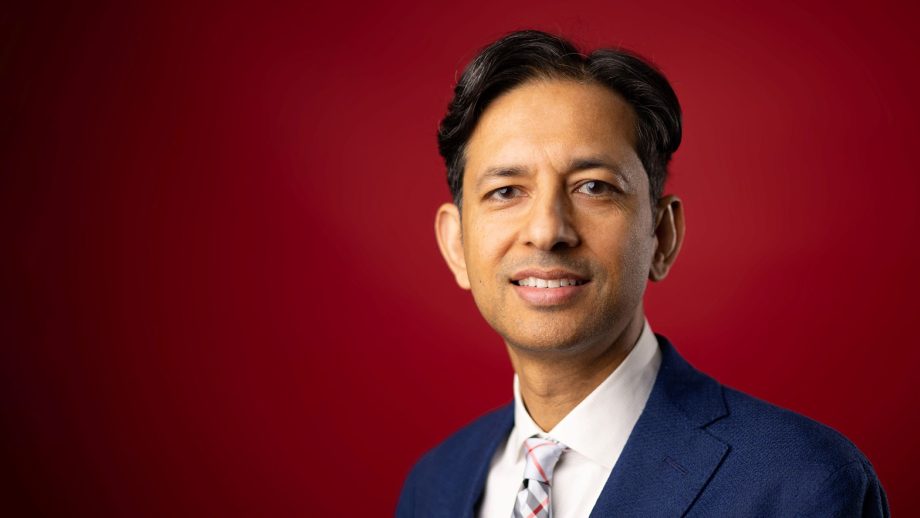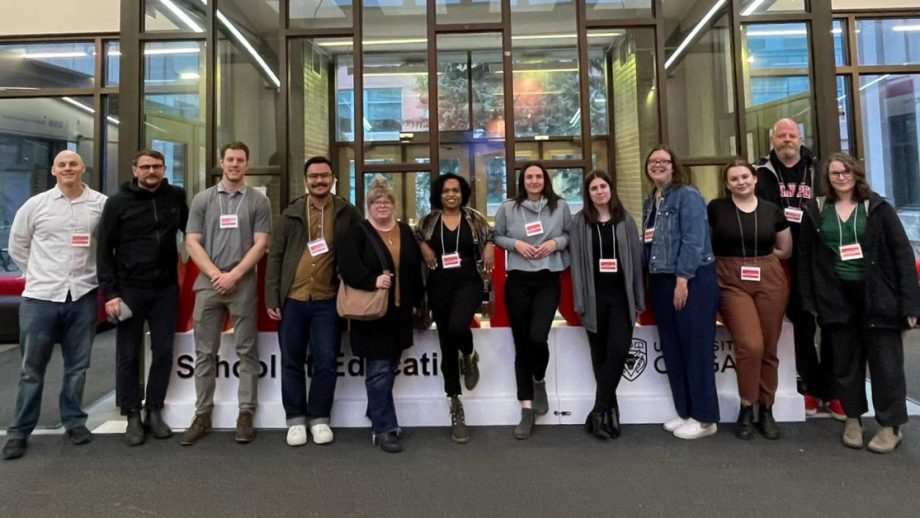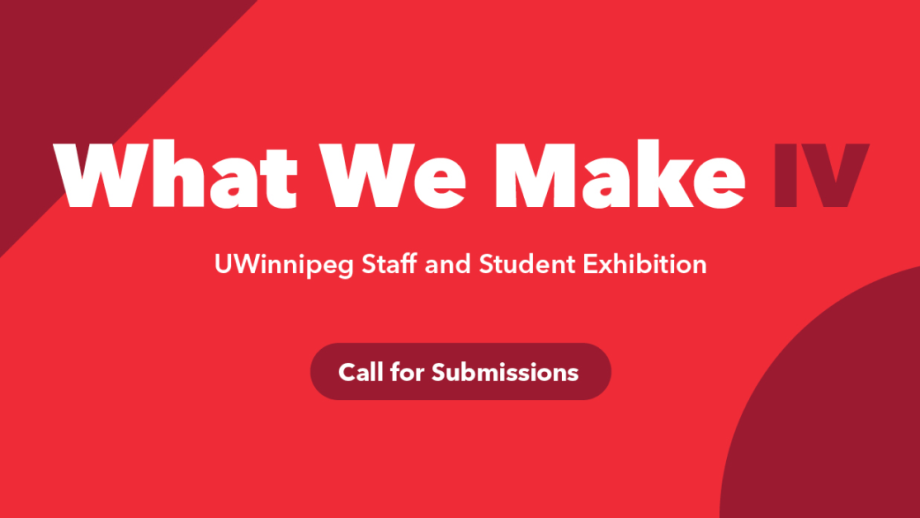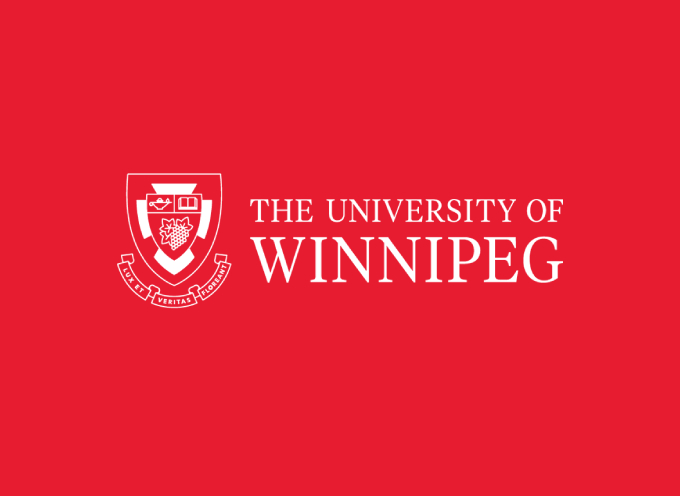WINNIPEG, MB – During the Second World War, the federal government systematically uprooted thousands of Canadians of Japanese ancestry on the west coast of Canada and stripped them of their property—including homes, businesses, fishing boats, cars and personal effects because of their ancestry. UWinnipeg’s Oral History Centre (OHC) is one of 13 partners in a new seven-year research project entitled Landscapes of Injustice, which will document the forced dispossession of these people and will create teaching materials for elementary and secondary school classes; educational websites; scholarly and popular publications; public events; and a traveling museum exhibition.
This project is possible thanks to a $2.5 million partnership grant from the Social Sciences and Humanities Research Council to support this multi-sector, multi-partner project. This project also received an additional $3 million from partners, for a total of $5.5 million.
The OHC, a national leader in the collection of oral histories, is instrumental in developing the project’s intergenerational oral history approach. The OHC will provide extensive training and oversee the digital infrastructure for tracking 600 extant oral histories with Japanese Canadians; as well as close to 500 new oral history interviews with Japanese Canadians that are going to be conducted over the next five years for this project.
“Landscapes of Injustice is our third major research project that seeks to understand intergenerational memory,” said Dr. Alexander Freund, co-director of the Oral History Centre. “We are seeking innovative solutions to the methodological challenges of oral history by integrating existing and new interviews into a multi-dimensional research project. This ground-breaking methodology promises to make major contributions to the field of Canadian history as well as to the national and international practice of oral history.”
The OHC approach creates an immensely rich archive of stories that helps us understand how children and grandchildren are affected by their grandparents’ experiences and memories of social injustices and historical wrongs.
Partners include four cultural centres and museums, four historical societies and learning associations, and four universities with The University of Victoria as the lead under the guidance of Dr. Jordan Stanger-Ross, project director and an associate professor in UVic’s Department of History.
“From our own experiences and that of other projects around the world we know that it is of vital importance to create and follow best practices to ensure the preservation of these invaluable resources and to make them accessible to researchers and community members,” said Nolan Reilly, co-director of the Oral History Centre.
“We risk overlooking the most important lessons of our past if we do not hold deep conversations about the legacies of twentieth-century racism,” says Dr. Jordan Stanger-Ross, project director and an associate professor in UVic’s Department of History. “These events caused lasting harms and material hardship that stretch across multiple generations. Like other shameful episodes of history, they may seem to belong to a distant past, to a history left behind by multicultural Canada. In reality, however, the past is not so easily escaped.”
The Oral History Centre at the University of Winnipeg was established in 2012. Its founding directors are Alexander Freund and Nolan Reilly. The Oral History Centre promotes oral history as a means of democratizing history and thus of working towards social justice and human rights in a globalizing world. In keeping with this mission, the work of the Centre is deeply collaborative and oriented towards topics of historical injustice.





